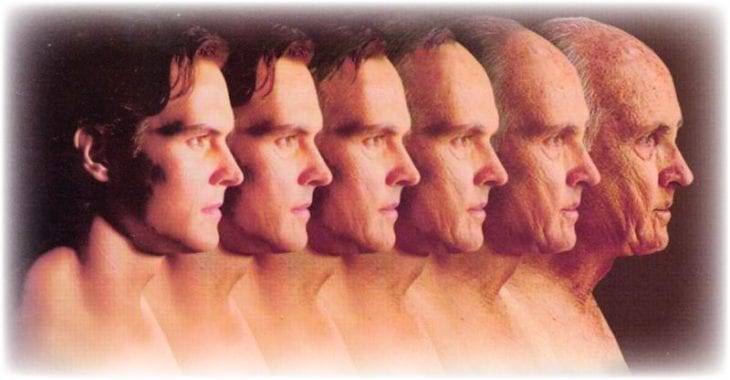Most people identify testosterone as a male hormone and estrogen as a female one, but it’s more complicated than that. While testosterone is dominant in males, there needs to be an optimal balance of these two hormones for optimal health. Once this balance is broken, a lot of issues can occur like mood changes or sudden weight gain for instance. Thankfully, there are things that can be done to correct the situation.
Here are some of the most common causes of high estrogen in men and what you can do about it.
Contents
Aging

Img source: rumroadravings.com
Your hormonal balance might be affected as you grow older. Elderly men will often experience an increase of estrogen and a reduction in testosterone. However, this does not mean that there’s nothing that can be done about it. Reducing your alcohol consumption and keeping an active and diverse workout routine could work wonders to prevent the decline in testosterone and an increase in estrogen levels.
Aromatase Enzyme
This enzyme will cause your body to transform your testosterone into more estrogen, which could lead to side effects. The production of this hormone also increases with age but is also caused by other factors, like excess weight, medication, too many processed foods, and alcohol. However, you can address that by making certain changes in your diet. There are also supplements that will allow you to reduce the production of this enzyme as well.
Stress
A lot of people are still unaware of the overall effects stress can have on your health and the human body. While stress is a normal part of life, it still has to be manageable. Excessive stress will also increase the production of the aromatase enzyme, which will consequently increase estrogen levels. Stress triggering factors include sleep deprivation, work and relationship stress, lack of exercise or overtraining. You can have your doctor check your cortisol levels to see if you are suffering from too much stress and see what you can do about it.
Poor Diet

Img source: renegadetribune.com
A poor diet is one of the main reasons behind high estrogen levels in men. For example, a diet that contains too many carbs will, in turn, make you more insulin resistant, which then translates to more body fat. Fat, especially visceral fat, can wreak havoc on your hormone levels. As a matter of fact, fat will have the effect of transforming your testosterone into estrogen.
In addition to carbs, you should assess your overall calorie consumption as well. Excessive calories are never good, especially when they come from poor nutrient sources like refined sugars.
How Can I Reduce Estrogen and Increase Testosterone Levels?
There are plenty of things you can do to reduce estrogen production in the body and regain hormonal balance. One of the first things you should do is make sound dietary choices. The food you eat will have a direct influence on your hormone levels.
Cruciferous vegetables, for instance, have been shown to have estrogen blocking properties. Cruciferous vegetables include broccoli, cabbage, cauliflower, kale, and bok choy, just to name a few. There are also various seeds with estrogen blocking and testosterone raising properties. Sesame and flaxseed, for instance, contain polyphenols that have been shown to reduce estrogen levels in the bloodstream. Fenugreek is another seed that has been proven to have testosterone boosting properties.

Img source: medicalnewstoday.com
According to this Vitamonk post, fenugreek seed extract has been shown to increase testosterone in a group of college students as well as a group of men between the age of 43 to 70 years old. The study showed that 600 mg of fenugreek extract was enough to significantly increase their testosterone levels.
The other way that you can increase testosterone levels is to start a workout routine that focuses on gaining muscle mass. Resistance training is the best form of exercise to boost testosterone levels. Pairing this with a high-intensity interval training routine will allow you to shed estrogen boosting fat at the same time.
Conclusion
High estrogen in men can lead to many issues and shouldn’t be taken lightly. Make sure that you look out for any early symptoms, and take the steps needed to rebalance your hormone levels before you have to deal with complications.
